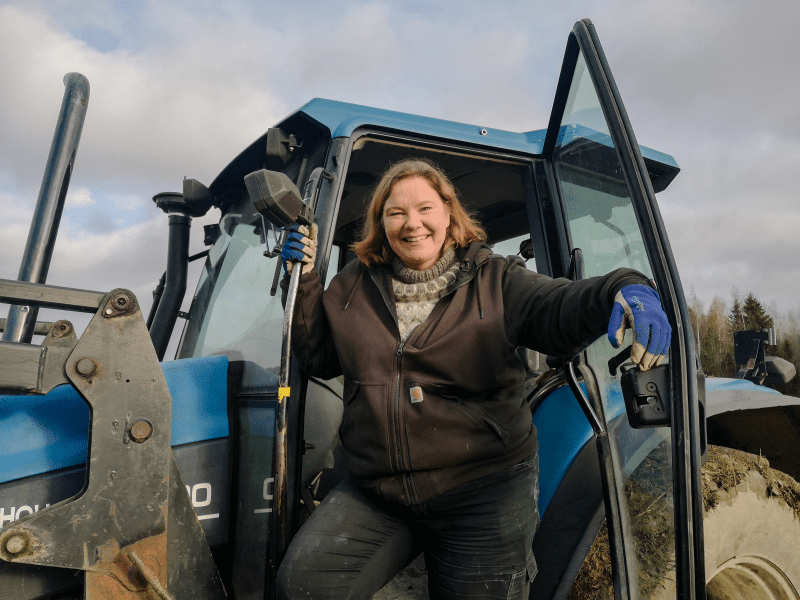
Opera singer Jenni Lättilä and her husband grow caraway and buckwheat on their 500-year-old family farm.
He is also a performing artist: he gives concerts and plays operatic roles.
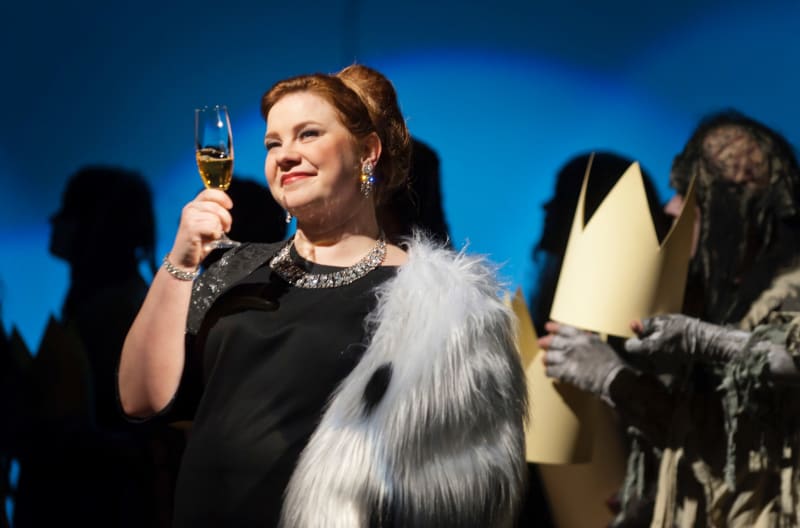
Woman of a thousand things
If this were all there was to it, this could still be understood in some way, but she is also the mistress of the farm, with all the work on the farm. Ploughing, threshing, clearing the woods, shovelling wood and baking are as much a part of Lättilä’s life as opera, teaching and research. A clearing saw and a hunting rifle remain in Lättilä’s hands as firmly as a music book.
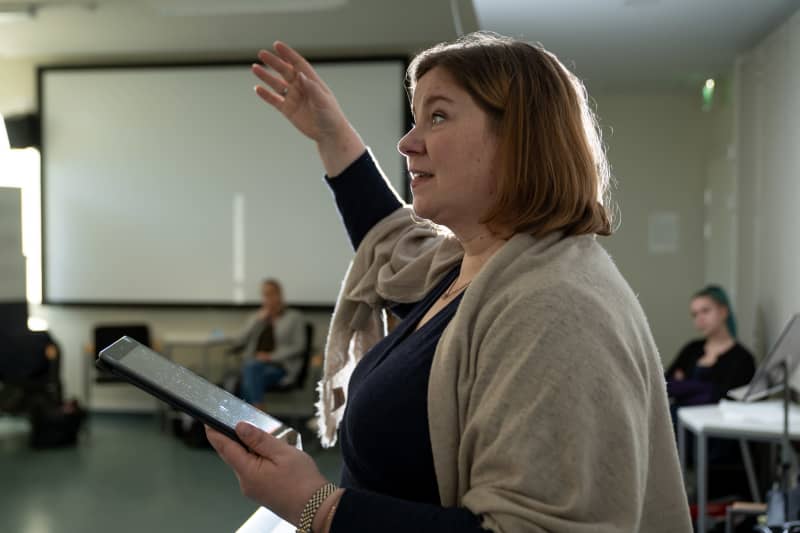
You would think that there wouldn’t be much room for other hobbies in such a “daily life”, but it’s not the case. While in Helsinki, Lättilä visits the Töölö marts and in Kuhmois he participates in the activities of the agricultural women.
Jenni Lättilä also does handicrafts, including making national costumes. There is always some work going on in the looms of the big hut. However, by far the most beloved hobby is hunting.
The farm grows caraway and buckwheat
The Lättiläs live in the heart of Helsinki during the week and at their farm in Kuhmoinen on the weekends
The Latties cultivate cumin and buckwheat. They are also well suited for cultivating smaller fields. The farm’s main building is from the beginning of the 20th century and the ground floor alone has 400m2 of square footage. There are a total of 12 ovens in the house. Basic heat is maintained with electricity, but heating with wood plays at least an equally important role.
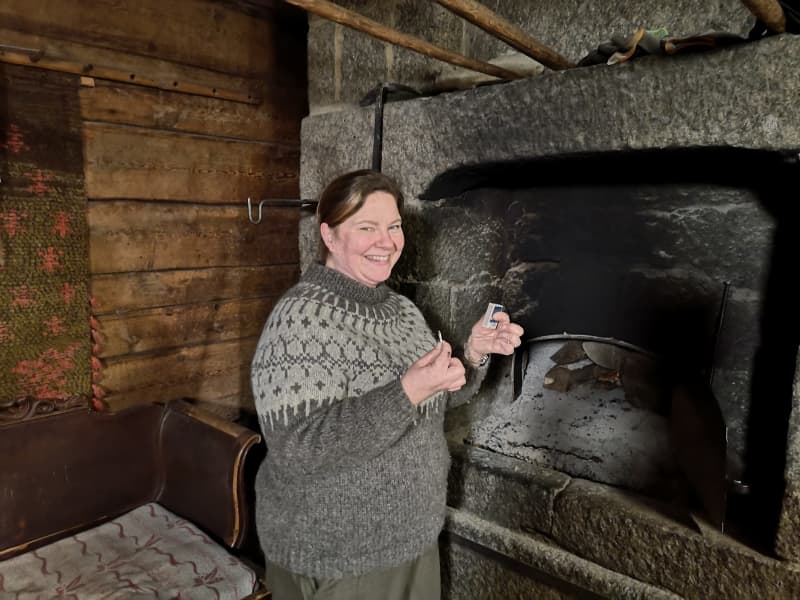
– Without farming, the house would be a shockingly expensive summer house. Now agriculture produces what the farm consumes.
The family farm of Lättilö is more than 500 years old. They don’t want to be the generation that runs out of space. It remains to be seen what solution their son, who is studying to be a doctor, will make with the space. Jenni Lättilä is disgusted by the juxtaposition of rural and urban life.
– Food production is needed, but still agriculture is often frowned upon. Is producing food abroad and transporting it here somehow more ecological or economical? And what a huge importance agriculture has for Finland’s security of supply, Lättilä states.
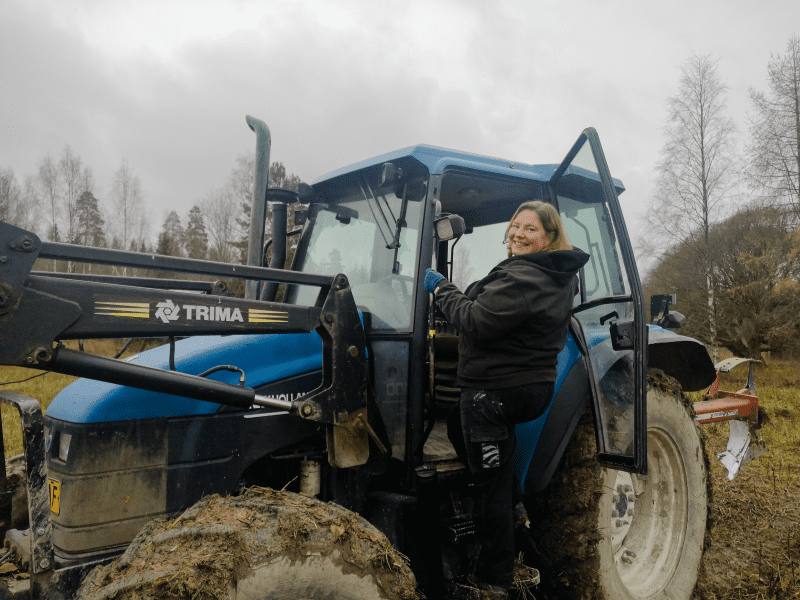
– And keeping the countryside alive is not only about grain cultivation and cattle breeding, it is also about maintaining cultural history, which includes old buildings and their maintenance as an essential part.
Sometimes my heart beats with excitement
Lättila hunts throughout the year, depending on the hunting season, birds, deer, hares and moose.
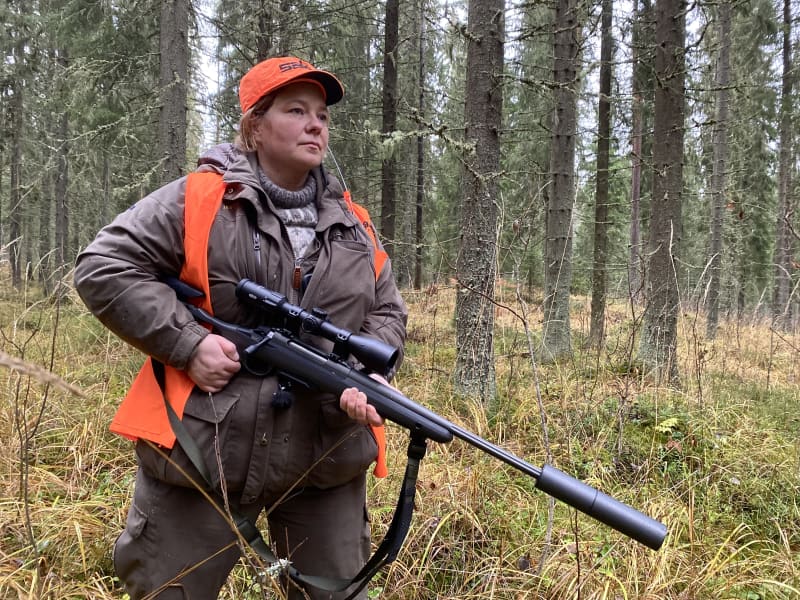
According to Lättilä, hunting clubs are very concerned about game stocks. If, for example, it is noticed that the chicks of hens are small in the summer, then they are not hunted in the fall. Clubs often take care of the winter feeding of many different species.
Hunting is also exciting. You can’t know exactly what’s going on in the forest. Those moments when you spot a game animal approaching and get it in the sights of your rifle, that’s when the heart beats and the adrenaline levels rise.
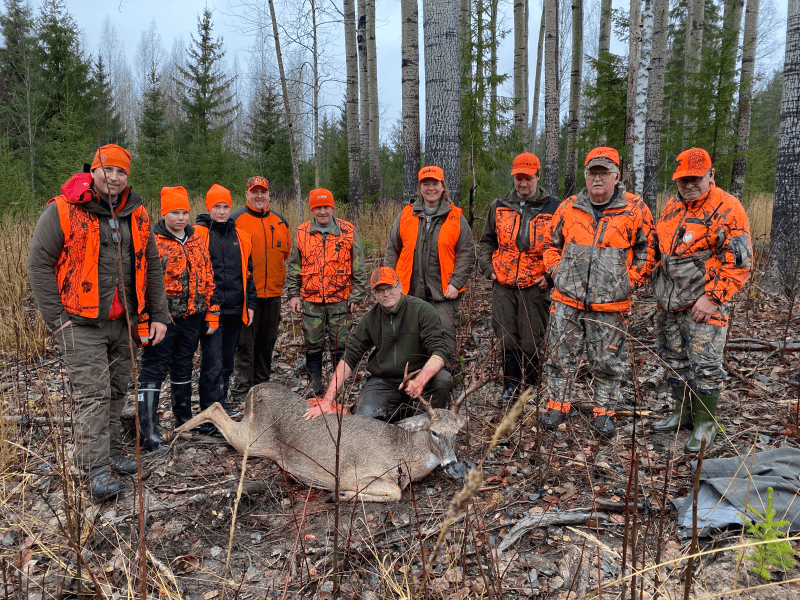
However, in Lättilä’s opinion, the best thing about hunting is being outside and in nature and working together.
– The sense of community is strong, especially in the elk forest. It brings the villagers closer together. But this is undeniably a pretty masochistic job… Standing for hours in the rain. Quite a zen mood.
*See the TV insert of the Half Seven program on the subject:*
